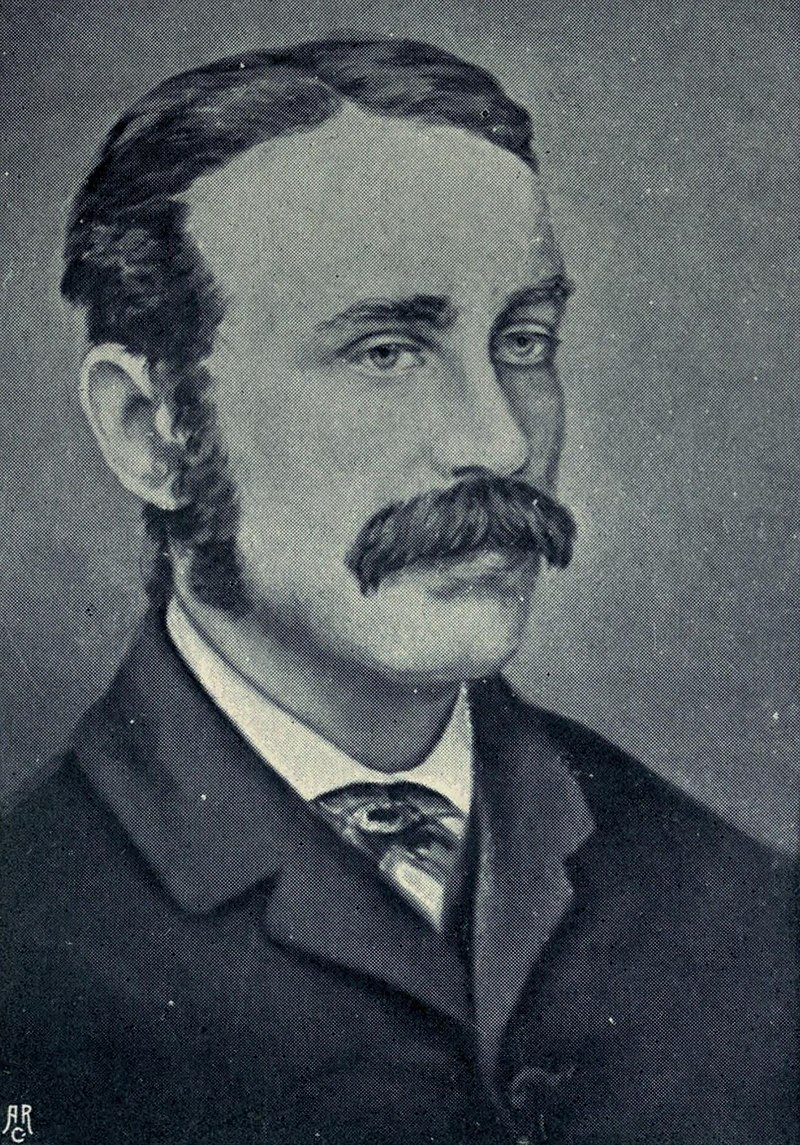
Walter Pater, oil painting of Walter Pater. Retrieved from Wikipedia, public domain (accessed: January 10, 2022).
Walter Pater
, 1839 - 1894
Walter Pater (1839–1894) was born in London and died in Oxford. He was a leading late nineteenth-century English essayist and critic of art and culture, and was influential in the aesthetics movement. His best-known works include the novel Marius the Epicurean (1885), a philosophical novel which fictionalized ideas about Epicureanism through the coming of age story of a young Roman. His critical essays on Renaissance art and culture were published as Studies in the History of The Renaissance (1873) and were highly influential in nineteenth-century appreciation of Renaissance culture, especially Italian culture. His literary style was highly wrought and painstaking, and was influenced by his aesthetics. He is known as a forerunner of the Decadent movement, in which writers such as Oscar Wilde and Algernon Swinburne explored ideas in his work: for instance, the concept of ‘art for art’s sake,’ which he put forth in the end of Studies in the History of the Renaissance.
Sources:
victorianweb.org (accessed: March 20, 2020);
bl.uk (accessed: March 20, 2020);
bl.uk/collection (accessed: March 20, 2020).
Bio prepared by Elizabeth Hale, University of New England, ehale@une.edu.au
Records in database:


